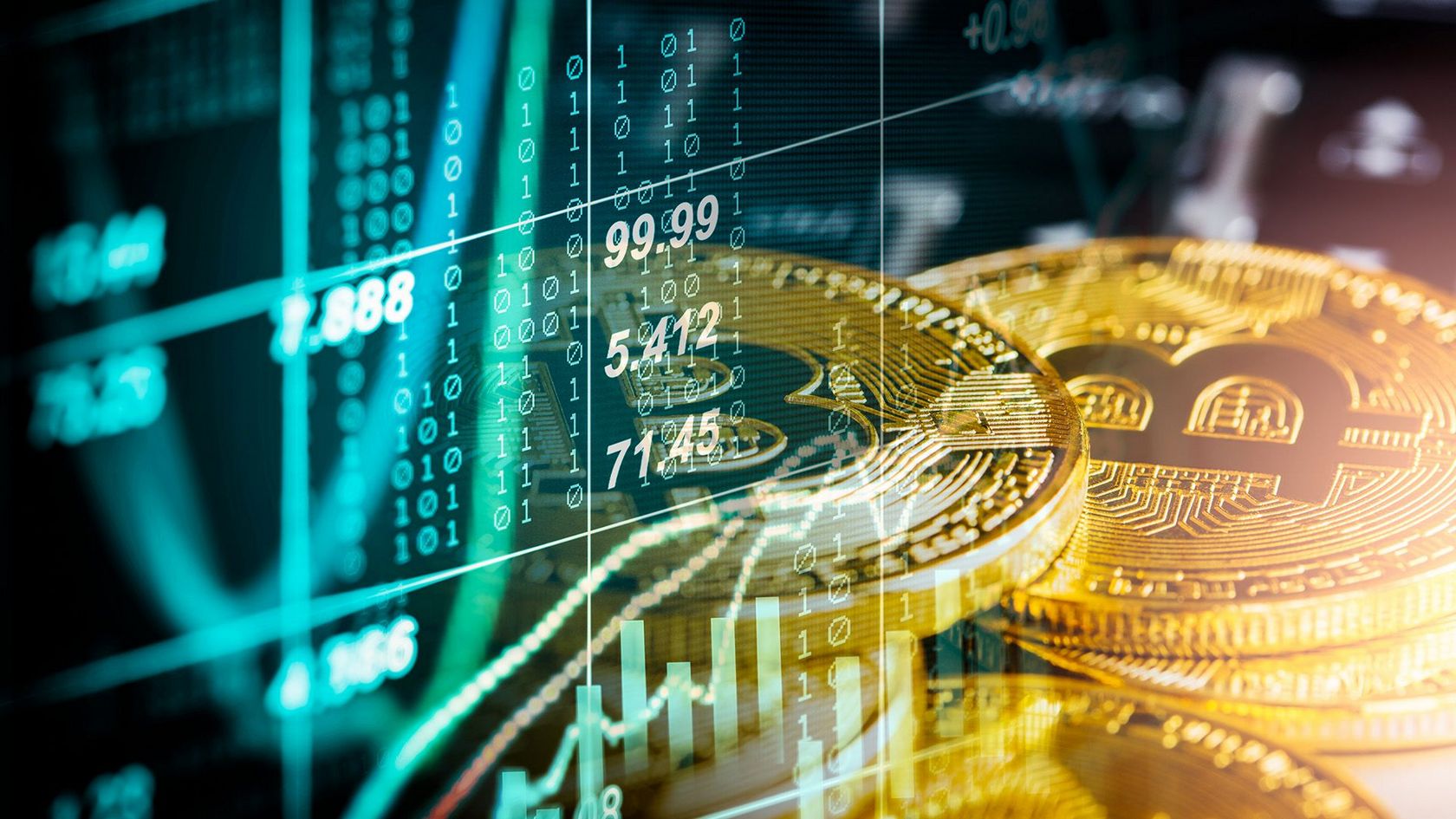Learn why market makers are important in crypto, helping exchanges with liquidity and projects with secure token markets for smoother trading.
Market makers are frequently an underappreciated yet essential part of economic markets. These entities, firms or individuals, play a vital duty in making sure that monetary markets operate efficiently. To understand why market makers are crucial, allow’s dive into their role and that takes advantage of their services in the crypto globe.
Why does one need a Crypto Market Maker?
What Are Market Manufacturers?
At their core, market makers provide liquidity to financial markets. They do this by pricing quote buy and sell rates for crypto possessions. Their purpose is to assist in transactions for other market individuals, making sure that customers and sellers can trade effectively without substantial hold-ups or cost volatility. In crypto markets, the function is typically loaded by algorithmic trading companies such as Gravity Group.
Market Manufacturers in Crypto: An Unique Landscape
The cryptocurrency market provides unique obstacles and possibilities for market makers as a result of its decentralized 24/7 nature and high volatility. Market manufacturers play an important duty in addressing these difficulties and enabling the ecosystem to prosper.More Here crypto market making firms At our site
Why Crypto Exchanges Need Market Makers
Cryptocurrency exchanges rely heavily on market makers to guarantee their systems continue to be eye-catching to traders. Below’s just how market makers sustain exchanges:
- Keeping Active Order Books: Market makers populate order books with deal orders, ensuring there is constantly activity on the system. This liquidity motivates traders to make use of the exchange, recognizing they can execute their trades immediately at reasonable prices.
- Decreasing Bid-Ask Spreads: Narrow bid-ask spreads make trading extra affordable for customers. By giving competitive quotes, market manufacturers enhance the trading experience and drive volume on the exchange.
- Taking Care Of High Volatility: During durations of extreme market movement, market manufacturers step in to provide stability, avoiding large price swings that might or else deter customers from trading.
- Enhancing Reliability: A fluid exchange is commonly perceived as even more trustworthy and credible. Market makers’ participation improves user confidence and brings in both retail and institutional investors.
Why Crypto Projects Demand Market Makers
For projects releasing brand-new tokens, market manufacturers are very useful in guaranteeing a successful market debut and long-term cost security. Here’s exactly how they aid issuers:
- Sustaining Token Launches: Throughout a job’s TGE or token listing on an exchange, market makers supply the liquidity needed to make sure that early financiers can buy and sell tokens without extreme rate swings.
- Establishing Rate Security: Without sufficient liquidity, token rates can end up being very unstable, discouraging possible capitalists. Market manufacturers ravel price fluctuations, promoting a more steady and foreseeable trading atmosphere.
- Urging Investor Confidence: A liquid and stable market for a token signals maturation and integrity, making it a lot more attractive to both retail and institutional investors.
- Helping With Big Trades: Market manufacturers enable issuers to suit considerable buy or market orders without triggering extreme rate activities, which is essential for attracting bigger players to the ecosystem.
Who Takes Advantage Of Crypto Market Makers?
- Exchanges: As the key recipients, exchanges depend on market makers to keep liquidity and make sure competitive pricing. This connection is crucial for the survival and growth of any kind of crypto trading platform.
- Token Providers: Companies take advantage of enhanced market security and liquidity of their symbols.
- Retail and Institutional Traders: Both groups depend on market manufacturers to execute trades successfully and cost-effectively. Retail investors enjoy tighter spreads and higher liquidity while institutions can execute huge trades with minimal cost impact.
